If you're a commercial or industrial building manager, you likely know that energy costs are some of the most expensive costs incurred when owning/operating a space. While slashing these costs feels like an insurmountable hurdle, many opportunities are presenting themselves in the marketplace these days thanks to the many initiatives put into place to cut greenhouse gases and reduce carbon footprints, all in the hopes of getting closer and closer to energy efficiency by drastically reducing energy usage.
However, until we get there, many companies have discovered incremental changes that can affect their bottom line, cutting costs while ensuring their refrigeration systems run as efficiently as possible.
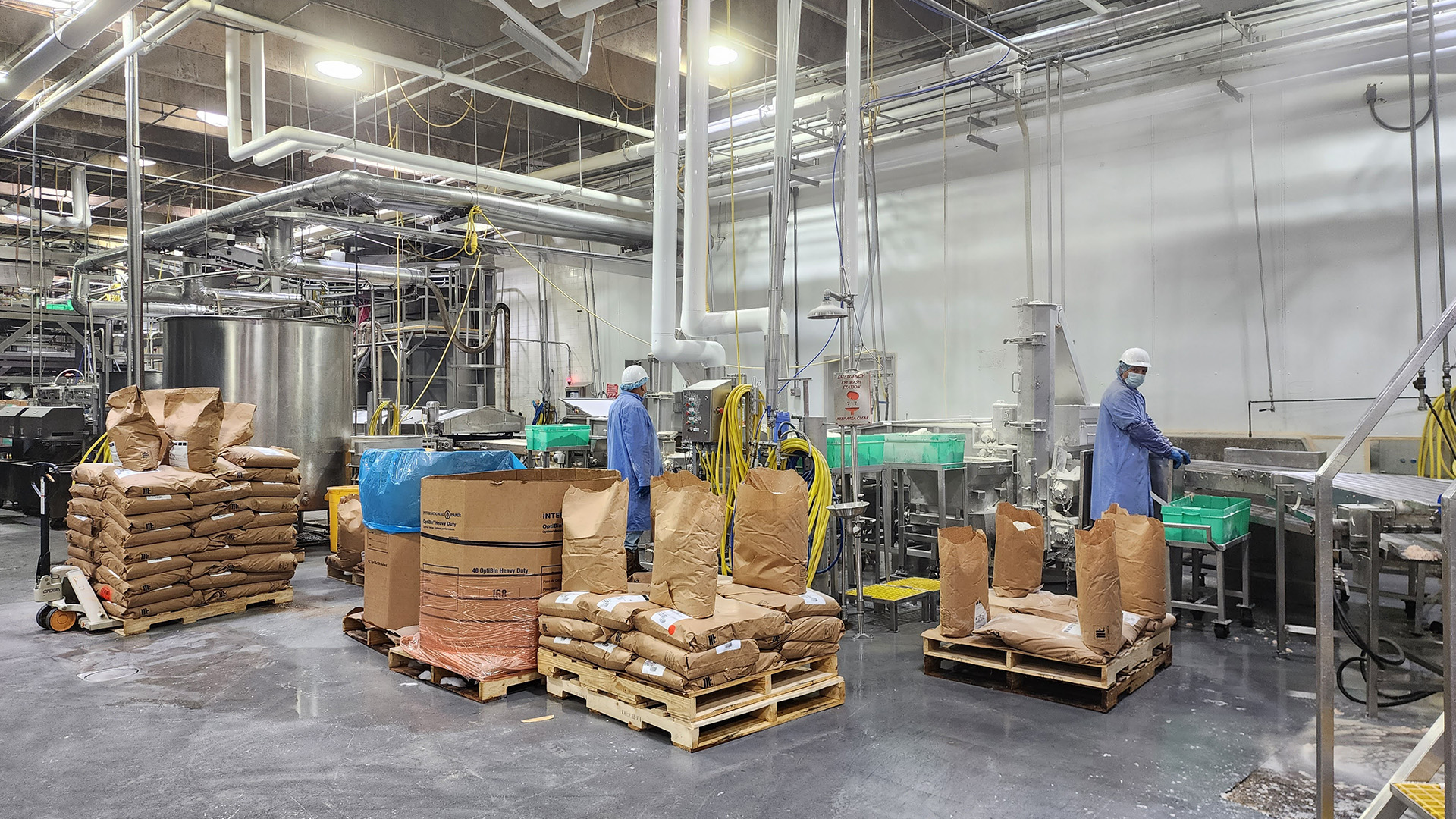
Benefits of Energy Management
'
Cost Savings, Equipment Longevity, and Improved Safety
Put simply, energy management is the process of monitoring, controlling, and conserving energy in a building.
A cohesive energy management strategy has many benefits beyond cost savings. In addition to cutting costs, effective energy management can not only impact the longevity of costly refrigeration systems and equipment, but it can also improve the overall safety of employees and customers.
'
When you think about whether you need an energy management program or not (spoiler alert: you do!), you will quickly begin to understand its importance because it allows you to:
- Reduce Carbon Emissions.
Minimize your carbon footprint and environmental impact. - Reduce Risk.
Reduce the risk of equipment malfunctions and avoid any potential hazards along the way.
- Reduce Costs.
Incrementally reduce operational expenses that greatly impact your bottom line.
'
Let's look at a few tips for cutting back on energy costs, which should translate to any refrigeration system, big or small, whether in the commercial or industrial sector.
A Little Goes a Long Way: Tips for Cutting Costs
Whether you have thousands of dollars to commit to managing the energy efficiency of your refrigeration systems, there are plenty of easy and low-to-no-cost changes you can begin making today that will make a world of difference in the future. While some of these activities will lead to direct energy savings, there are other minor updates a CRES (Certified Refrigeration Energy Specialist) can make to save on energy costs indirectly. Let's look at some now:
Low Cost + Impactful Changes
Making the Swap to Lower Energy Lightbulbs
A simple walkthrough of your freezer/cooler setup can alert you to where you can make small, incremental changes that can pay dividends in the long run. Replacing incandescent, fluorescent and compact fluorescent lightbulbs with LED bulbs can not only use up to 90% less energy, but according to energy.gov, they last much longer than other lighting options, some 30 times longer than incandescent bulbs alone. It seems obvious, but incorporating lighting technology like LEDs puts less waste heat in the space, reducing the overall refrigeration load. While the startup cost may be higher than their incandescent or fluorescent counterparts, LED lighting can last more than 100,000 hours (about 11 and a half years) before needing to be replaced.

Motion Sensor Lighting in Cooler/Freezer Box
Another simple solution? Adding occupant-sensing technology ensures that these lights aren't in use when no one is around to use them. Not only does this cut down on the potential heat, but also the overall energy costs of your building.
Installing Quality Entry and Exit Seals
Ensuring you have a tight seal on both entry and exit doors leading to the freezer and coolers is essential to keeping the heat out and the cold in as well as dock doors too. And much like the switch to LED fixtures, this ensures that you are cutting down on as much heat waste as possible, keeping the system from working extra hard to maintain ideal operating temperatures. We won't discuss the importance of making sure employees learn to keep doors closed behind them after entering or exiting. But in case you are curious, leaving these doors open for extended periods can lead to an additional $2,500 a year per door in increased energy costs. Talk about something that'll make you break out into a cold sweat.
Calling on a Certified CRES Professional Prior to Annual Maintenance on Refrigeration Systems
Calling on a trusted CRES professional prior to you beginning annual maintenance is paramount. Nothing can replace the annual maintenance of systems by a trained professional. During this scheduled maintenance, problem areas are pinpointed and can be fixed before they become a significant headache. Not only are they equipped to advise you on current problem areas, but they can also advise you on future improvements that might be made to extend the life of your system.
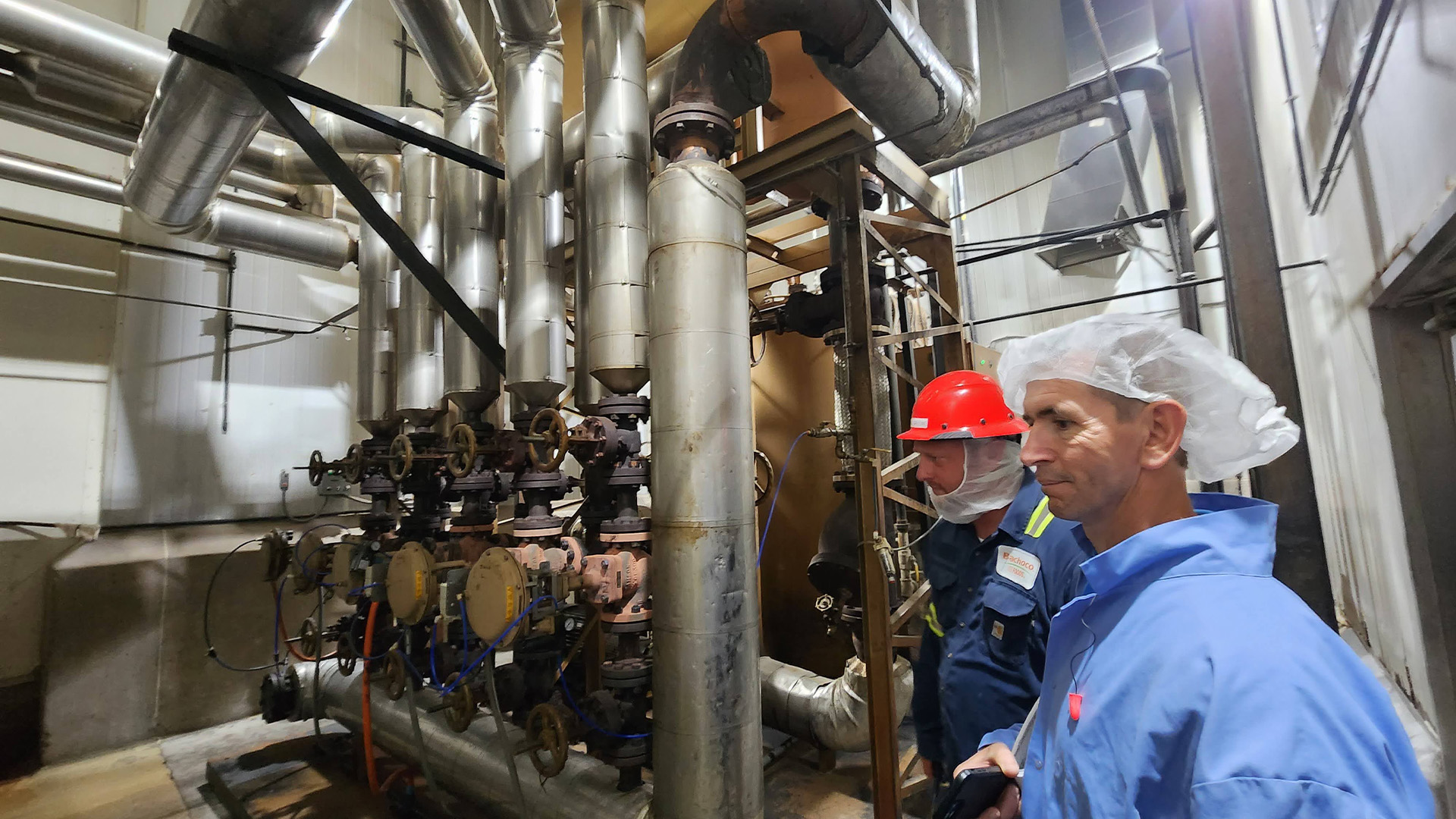
Higher Cost + Higher Impact
Recycling Water from Evaporators
It wouldn't be an article about energy efficiency without mentioning recycling, would it? Rerouting condensate from the evaporators back into the condenser water system can cut down on wastewater treatment and sewer costs and use less energy or fuel.
Bumping Up Water Temperature in Boiler Feedwater
This brings us to the most obvious subsequent impact, increasing the overall temperature of the boiler feed water. Sound familiar? When the ideal water temperature is higher, the system must spend less time heating it up and thus use less energy to accomplish the task, too.
The Road to Energy Efficiency
As you determine what steps are right for you, whether that includes calling on a licensed professional or not, having a plan and clearly defined goals before you get started is paramount. Two of the most important questions you should ask yourself before deciding on an energy management plan are:
- Program Goals.
What goals do you have for your space? Are there specific problem areas you'd like addressed? Is your plan to cut down on costs by 25% over the previous year? Whatever it may be, discussing this with an energy specialist, like a qualified CRES, can also help interpret your energy data. - Overall Budget.
Determining your budget prior to beginning work is the best way to craft an appropriate plan, prioritizing improvements that will have the most significant impact on energy consumption.
Remember, when thinking in terms of ROI, it is largely dependent on what is spent and the scope of the project. Many low or no cost projects could see immediate ROI while others could have a longer lead time where realized savings are concerned.
No matter how you decide to improve your refrigeration system, taking a proactive approach to energy management techniques can and will pay dividends in the future, resulting in cold, hard cash back in your pocket.
'
Special thanks to Miguel Purdy (P.E.), Discipline Lead / Senior Refrigeration Engineer, and Joe House (CRES, CIRO), Refrigeration Designer at HFA, for their thought leadership and expertise provided throughout this article.
Want to know more about our refrigeration work? Contact Miguel Purdy, P.E. (miguel.purdy@hfa-ae.com) for more information.
'


.jpeg)

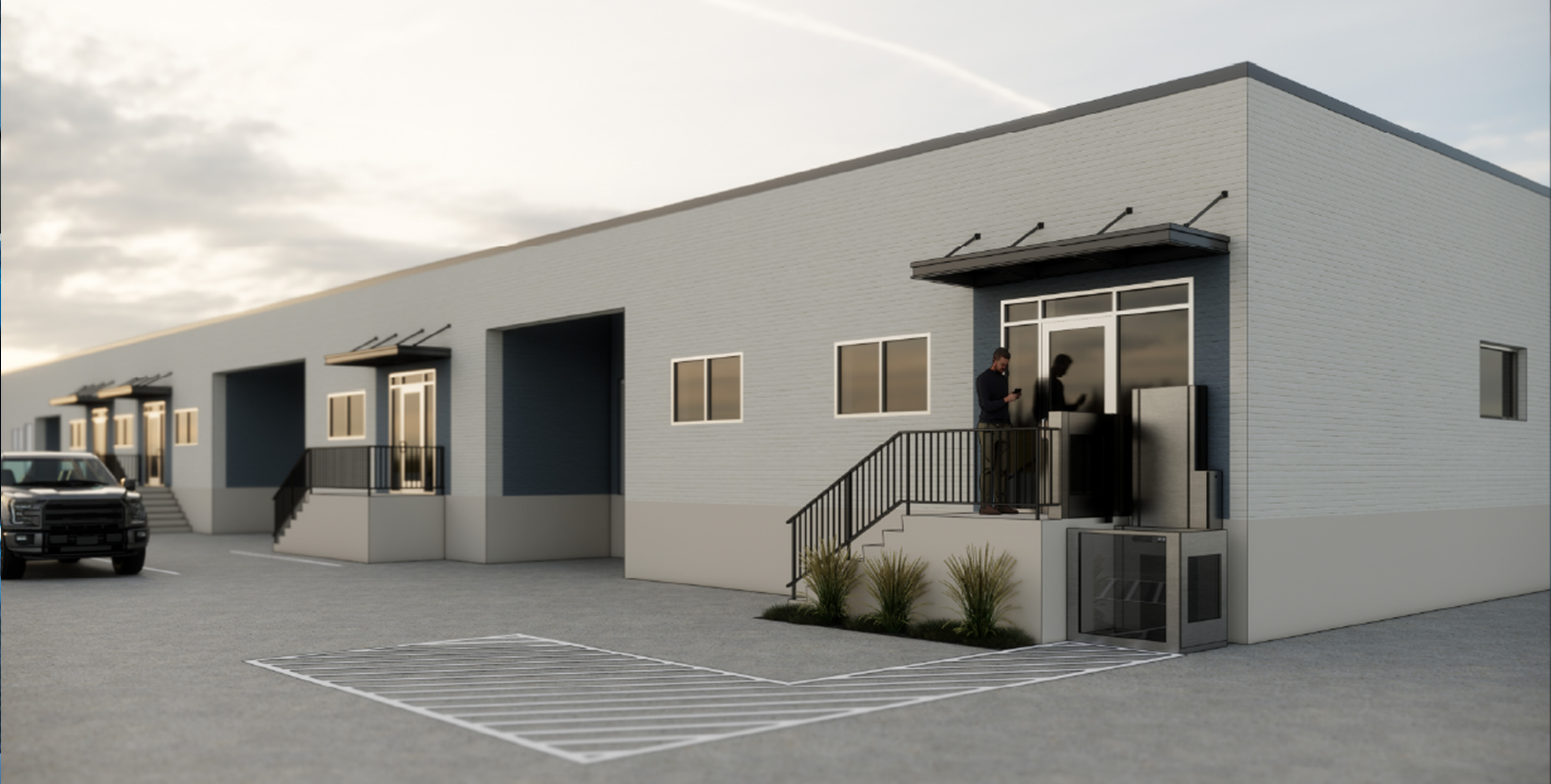
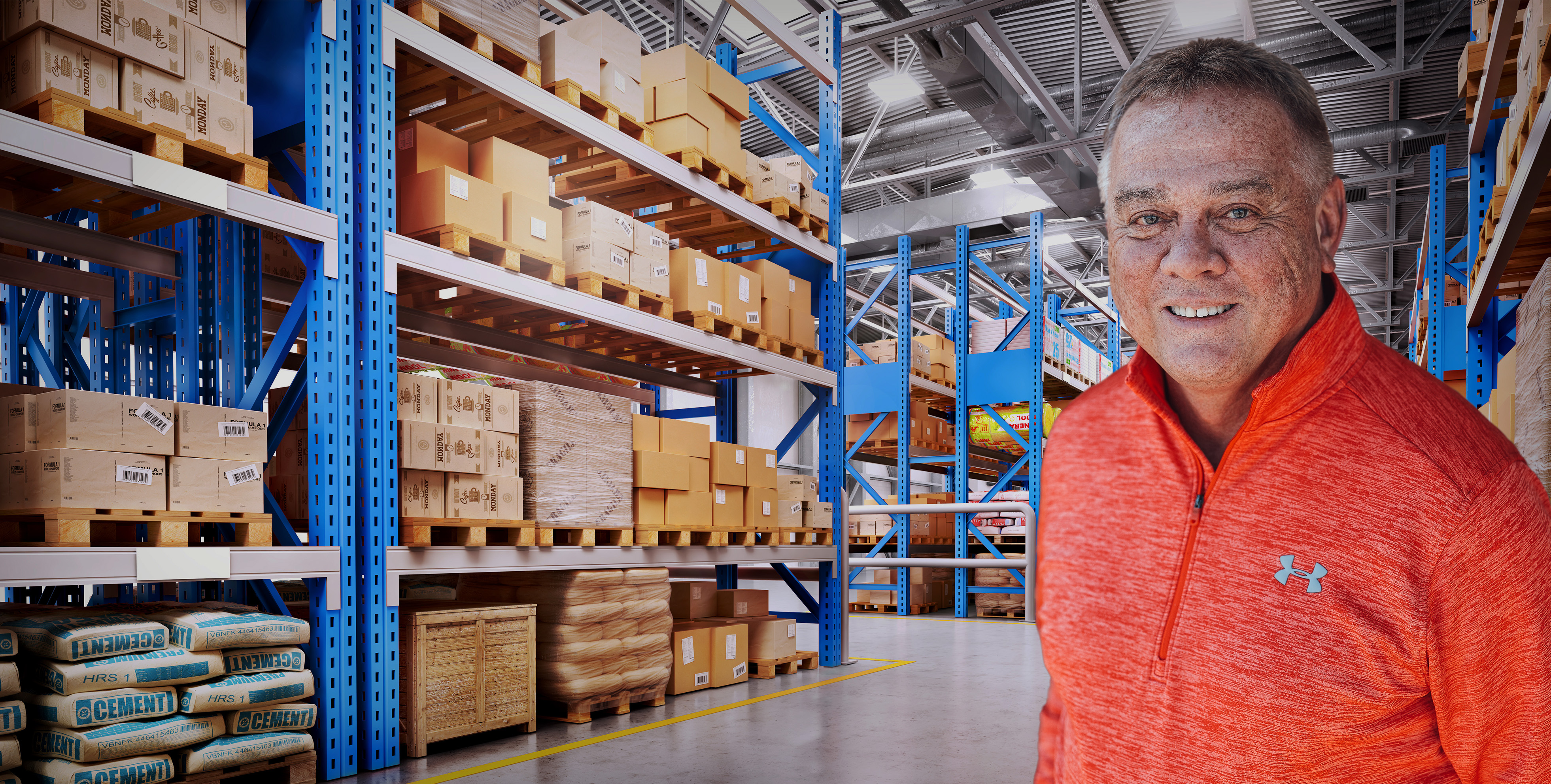
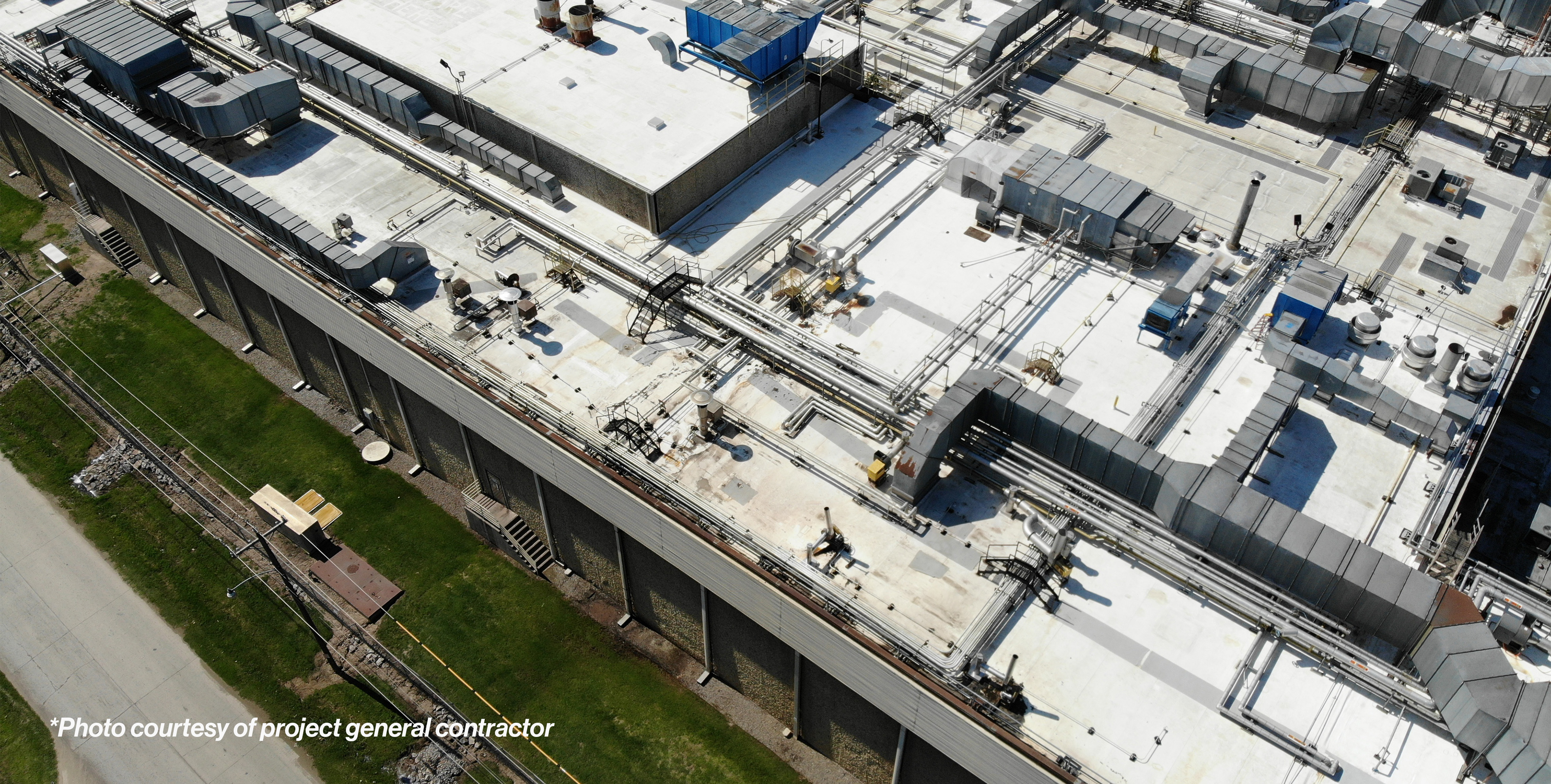

.jpeg)
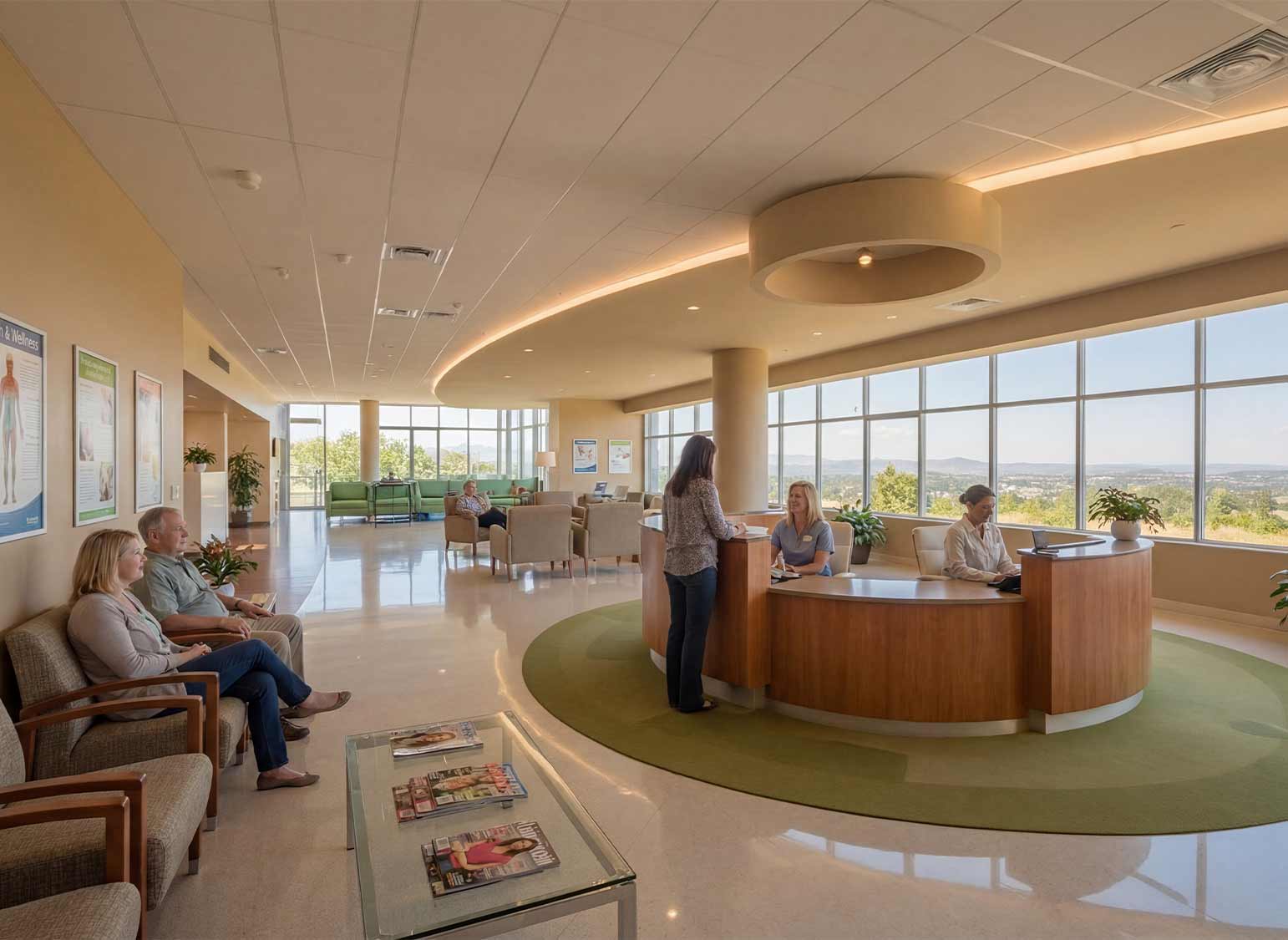
.jpeg)



